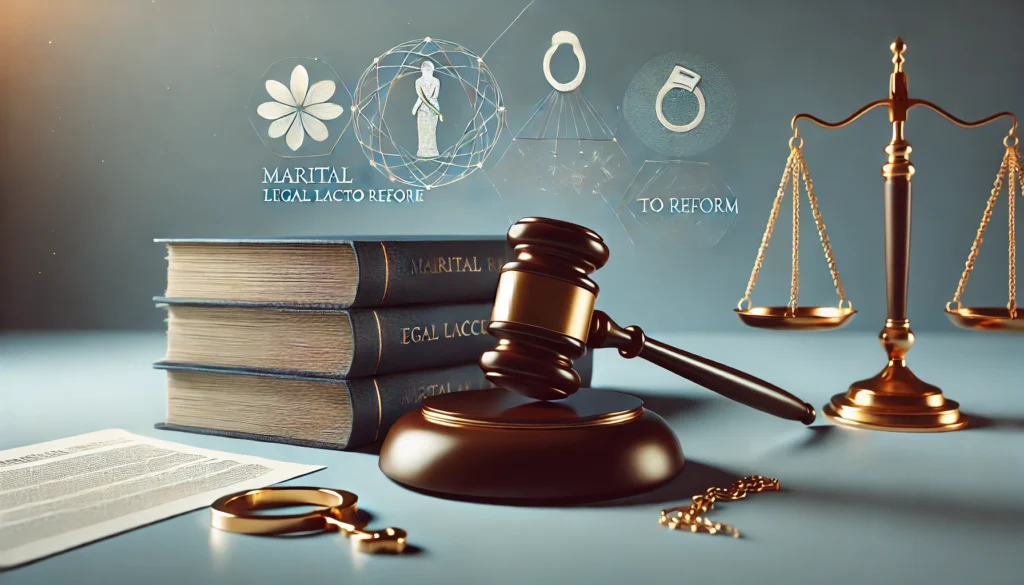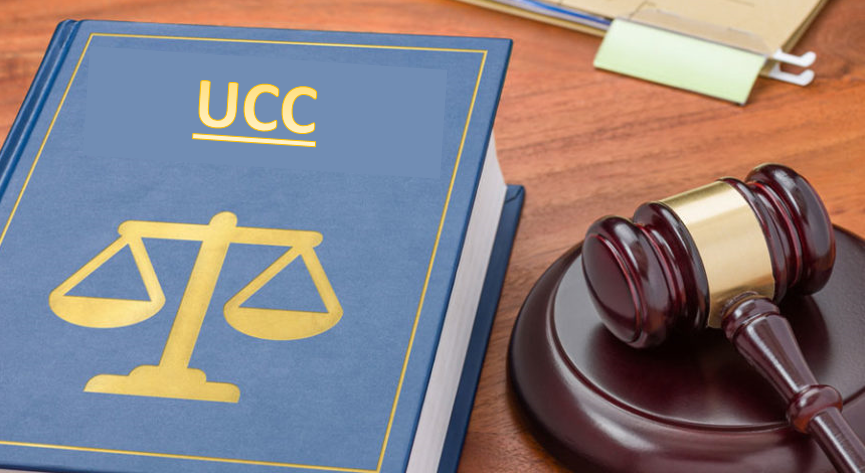Published On: 22nd October, 2024
Authored By: M.R. Asna Miracle
B.S. Abdur Rahman Crescent institute of science and technology
CASE DETAILS:
- Citation: Lalita Kumari v. Govt. of Uttar Pradesh & Ors., (2014) 2 SCC 1
- Court: Supreme Court of India
- Bench: Chief Justice P. Sathasivam, Justice B.S. Chauhan, Justice Ranjana Prakash Desai, Justice Ranjan Gogoi, Justice S.A. Bobde
- Date of Judgment: November 12, 2013
BACKGROUND AND JUDGEMENT OF THE CASE:
The case of Lalita Kumari v. State of Uttar Pradesh[1] is a landmark judgment that addressed the mandatory registration of a First Information Report (FIR) by police officers upon receiving information regarding the commission of a cognizable offense. The case arose from the failure of the police to register an FIR despite being informed of a kidnapping, which raised significant questions about the obligations of the police under Section 154 of the Code of Criminal Procedure, 1973 (CrPC).
The Supreme Court held that the police must register an FIR if the information discloses a cognizable offense. The court emphasized that the registration of an FIR is the first step in the criminal justice process and should not be hindered by discretionary delays. However, the court also laid down specific guidelines where a preliminary inquiry may be conducted before the registration of an FIR. These guidelines include cases involving matrimonial disputes, commercial offenses, medical negligence, and cases where there is a delay in lodging the complaint.
APPLICANT AND RESPONDENT:
- Applicant (Petitioner): Lalita Kumari, through her father. Lalita Kumari was a minor who was kidnapped. Her father approached the Supreme Court when the local police failed to register an FIR regarding her kidnapping.
- Respondent: The State of Uttar Pradesh, represented by the police authorities who had refused to register the FIR upon receiving the complaint from Lalita Kumari’s father.
FACTS OF THE CASE:
Lalita Kumari, a minor, was allegedly kidnapped in Uttar Pradesh. Her father tried to file an FIR with the local police, but the police refused to register it, citing the need for a preliminary inquiry to verify the truthfulness of the claim. The father, distressed by the inaction of the police, approached the Supreme Court, seeking a writ of mandamus to compel the police to register the FIR and take appropriate action to investigate the crime. The Supreme Court took up the case, recognizing its importance in determining the mandatory duties of the police under the CrPC and ensuring that citizens’ rights are protected.
LEGAL ISSUES:
The core issue before the Supreme Court was:
- Whether police officers are required to register an FIR upon receiving information regarding the commission of a cognizable offense, or whether they have the discretion to conduct a preliminary inquiry before registering the FIR?
- What are the circumstances under which a preliminary inquiry is permissible?
PROVISIONS AND DOCTRINES INVOLVED:
PROVISIONS:[2]
1. Section 154 of the Code of Criminal Procedure (CrPC), 1973:
What It Says: This section says that when the police receive information about a serious (cognizable) crime, they must write it down and register an FIR (First Information Report).
Relevance in the Case: The main question was whether the police must always register an FIR immediately when they learn about a serious crime or if they can wait to investigate first.
2.Section 156 of the CrPC, 1973:
What It Says: This section gives the police the power to investigate serious crimes without needing permission from a court.
Relevance in the Case: This was relevant because the case was about whether the police can delay investigation by not registering an FIR right away.
3.Section 157 of the CrPC, 1973:
What It Says: After registering an FIR, the police must start investigating the crime immediately if they suspect a serious crime has been committed.
Relevance in the Case: This section was discussed to understand what the police should do after getting information about a crime.
4.Article 21 of the Constitution of India:
What It Says: This article guarantees the right to life and personal freedom to all citizens. It means that no one can be deprived of their life or freedom unless it’s done according to the law.
Relevance in the Case: The Court considered this article because delaying FIR registration could affect a person’s right to justice and personal safety.
DOCTRINES:
1.Doctrine of Public Accountability:
What It Means: Public officials, like the police, must act in a responsible and transparent manner. They are accountable for their actions and must follow the law.
Relevance in the Case: The Supreme Court stressed that the police must act responsibly by registering FIRs promptly and not misuse their power.
2.Doctrine of Judicial Review:
What It Means: The courts have the power to review the actions of the government and its officials to ensure they are acting within the law and not violating any rights.
Relevance in the Case: The Supreme Court used this power to check whether the police were following the law properly when deciding whether or not to register an FIR.
3.Doctrine of Procedural Fairness:
What It Means: Legal procedures should be fair and just, ensuring everyone gets a chance to be heard and treated equally.
Relevance in the Case: The Court emphasized that registering FIRs promptly is a crucial part of ensuring fairness and justice for victims of crimes.
JUDICIAL PRECEDENT TO THE CASE:
State of Haryana v. Bhajan Lal (1992) Supp (1) SCC 335:[3]
Case Significance: This landmark case laid down seven guidelines to determine whether the police should refrain from investigating a case. The Court in Lalita Kumari referenced these guidelines to clarify the circumstances under which a preliminary inquiry might be justified. Relevance in the Case: The Bhajan Lal case was cited to emphasize that while mandatory FIR registration is necessary, there are certain exceptional circumstances where a preliminary inquiry is warranted before an FIR is registered.
OBSERVATIONS MADE BY THE BENCH (OBITER DICTA):
In its judgment, the Supreme Court also made several observations that, while not essential to the decision, provided valuable guidance on the broader issues:
- Protecting Citizens’ Rights: The Court emphasized the importance of the prompt registration of FIRs as a means to protect the rights of citizens and ensure that the law is enforced without delay. The Court noted that delays in registering FIRs can lead to the destruction of evidence and hamper the investigation.
- Preventing Misuse of the Process: While the Court mandated the registration of FIRs, it also acknowledged the potential for abuse, particularly in cases where false or frivolous complaints are lodged. The Court’s decision to allow preliminary inquiries in specific categories of cases was an attempt to balance the need for prompt action with the need to prevent the misuse of the legal process.
REASONS FOR THE DECISION ( RATIO DECIDENDI):[4]
The Supreme Court, in its judgment, held that the registration of an FIR is mandatory under Section 154 of the CrPC if the information received by the police discloses the commission of a cognizable offense. The key points in the ratio decidendi are:
1.Mandatory Registration of FIR: The Court held that the word “shall” in Section 154 of the CrPC indicates that the police have no discretion in the matter. If the information given to the police discloses the commission of a cognizable offense, the police must register the FIR immediately.
2.Limited Scope for Preliminary Inquiry:
The Court acknowledged that in certain situations, a preliminary inquiry might be necessary to ascertain whether the information received genuinely discloses a cognizable offense. However, this preliminary inquiry should be conducted only in specific cases, such as:
- Matrimonial disputes/family disputes.
- Commercial offenses.
- Medical negligence cases.
- Corruption cases.
- Cases where there is abnormal delay/laches in initiating criminal prosecution.
3.Time-bound Inquiry:
If a preliminary inquiry is warranted, it should be completed within a period of 7 days. If no cognizable offense is found, the police must record the reasons in the General Diary and inform the complainant.
SIGNIFICANCE OF THE JUDGMENT:
The Lalita Kumari judgment is a landmark decision that has had a profound impact on the criminal justice system in India. By making the registration of FIRs mandatory in cases of cognizable offenses, the judgment ensures that the police act promptly and that victims of crimes receive the protection of the law. The judgment also serves as a check against the arbitrary exercise of police power, ensuring greater accountability and transparency.
CRITICISM AND CHALLENGES:
While the judgment is widely celebrated for its contribution to the protection of citizens’ rights, it has also faced criticism. Some argue that mandatory FIR registration could lead to an increase in false and frivolous cases, burdening the police and the judiciary. The provision for a preliminary inquiry in certain cases attempts to mitigate this risk, but challenges remain in its implementation.
CONCLUSION:
The Lalita Kumari case is a significant milestone in the evolution of the Indian legal system, particularly in the context of criminal procedure and police accountability. The judgment reinforces the principle that the police must act in accordance with the law and that the rights of citizens, especially victims of crime, must be protected. It also highlights the ongoing need for reforms to ensure that the criminal justice system operates efficiently and fairly, without being misused or overburdened.
References
[1] Lalita Kumari v. Govt. of Uttar Pradesh & Ors., (2014) 2 SCC 1
[2] Criminal Procedure Code,1973.
[3] State of Haryana v. Bhajan Lal (1992) Supp (1) SCC 335
[4] https://lexpeeps.in /lalita-kumari-v-govt-of-u-p/




